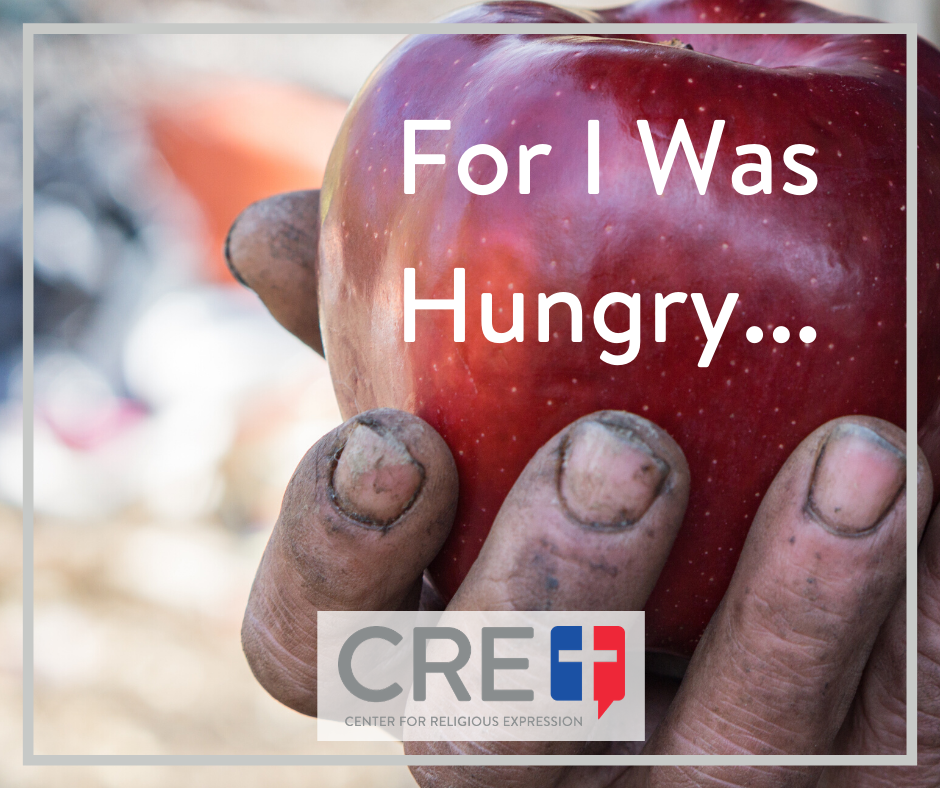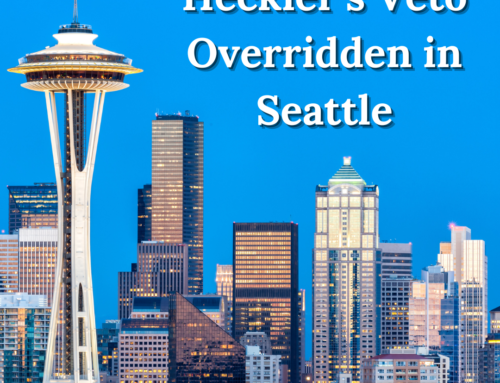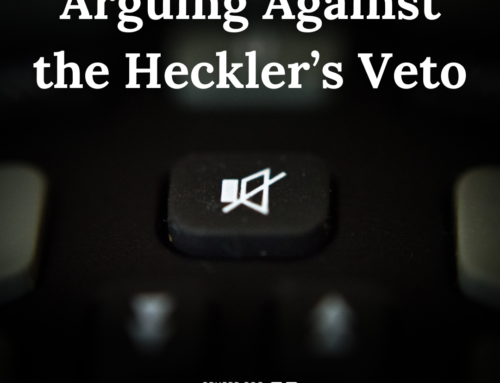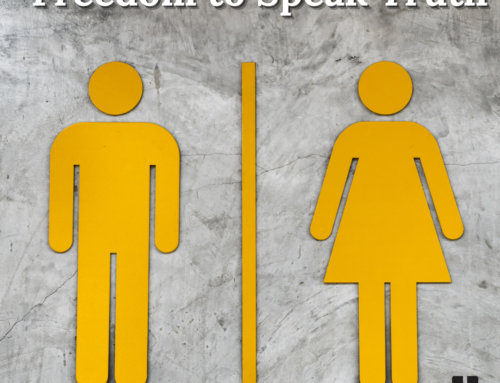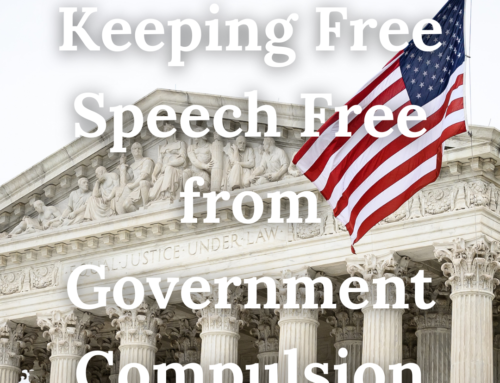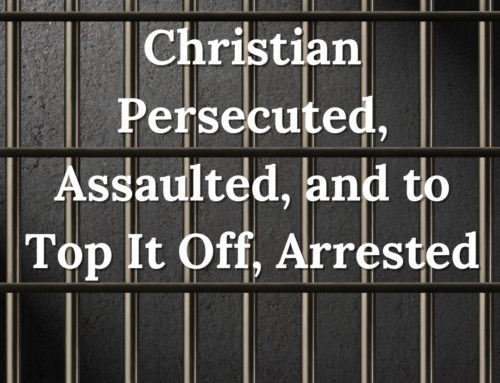In June, a new ordinance took effect in Philadelphia, making it illegal for churches to feed the homeless in local parks.
Laws curbing activities relating to homelessness, such as bans on outdoor sleeping, are nothing new, but Philadelphia’s ordinance is part of a growing and disturbing trend that target those who serve the homeless.
This trend directly affects the Christian’s ability to be Christian. Passages like Matthew 25 make clear that serving the needy is a way of practicing faith. But from New York to Dallas to Las Vegas to Philadelphia, cities all over the country are making it more difficult for Christians to minister to “the least of these.”
Bobby Herring, his wife Amanda and their friends had been preparing meals in their homes and bringing them to the streets of Houston to feed the homeless for fifteen months when they were stopped by police for not having the requisite permit. Herring appeared before the Houston City Council to defend their program, and the city ultimately agreed to make special accommodations for this small-scale outreach. Standing up for their constitutional rights made a difference there.
Many Christians in Philadelphia tried similar appeals, but they fell on deaf ears. Not satisfied to abandon the hungry or let their rights be trampled, they decided to take legal action.
Several churches and religious ministries filed suit in federal court against Philadelphia and justice prevailed. Federal Judge William H. Yohn Jr. overturned the ordinance, remarking: “It hardly needs to be said that plaintiffs’ food-sharing programs benefit the public interest,” Yohn wrote. “Despite [the city’s] considerable efforts, many Philadelphians remain homeless and hungry… There is a strong public interest in protecting the free exercise of religion. Plaintiffs’ food-sharing programs benefit the public interest.”
The Center for Religious Expression stands ready to defend Christians facing similar laws that impede on their religious freedom. We are thankful for this precedent, which is sure to help others who find themselves unconstitutionally restricted from expressing one of the most basic acts of Christianity: caring for the needy.
Posted by Nate Kellum

